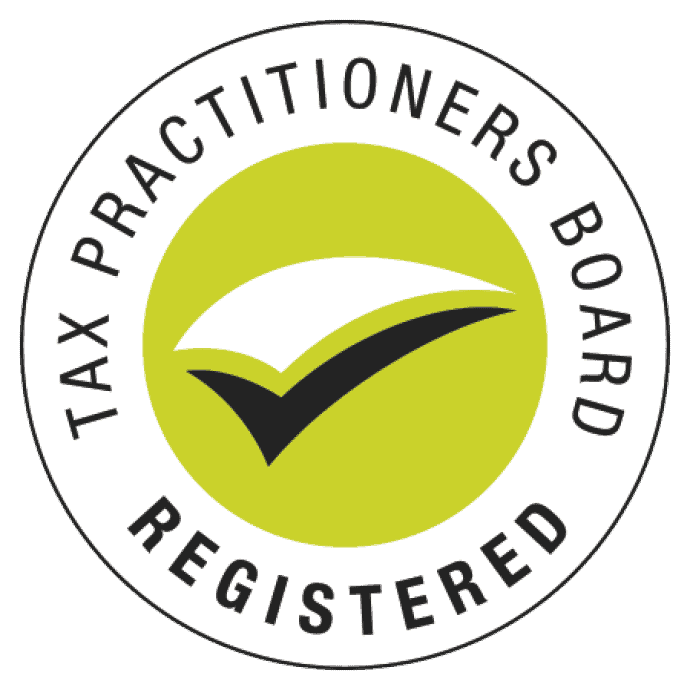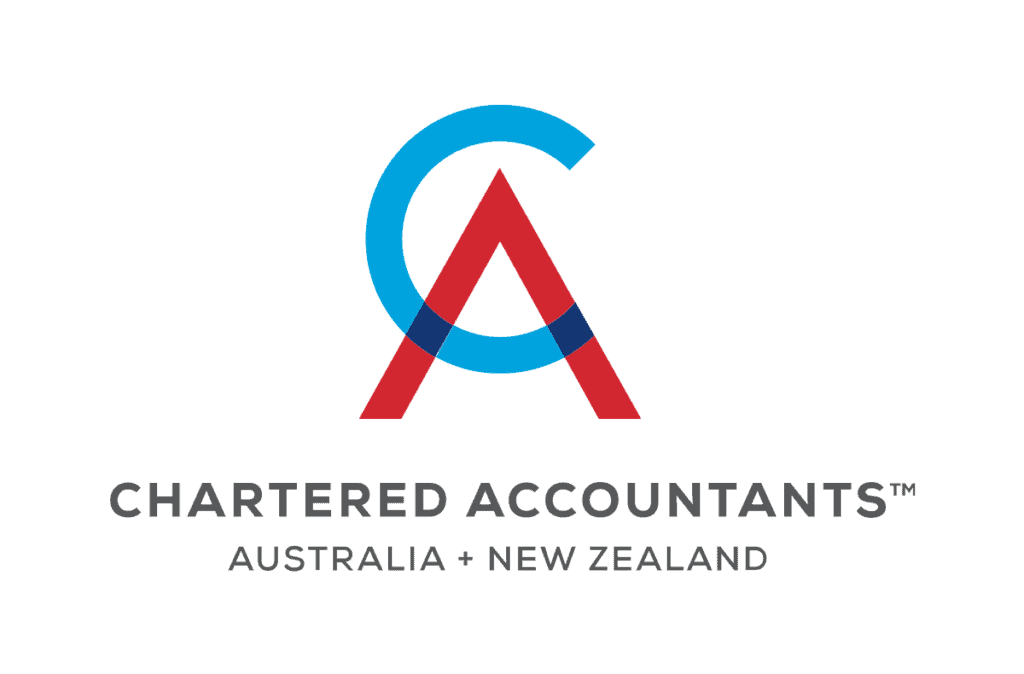For many small business owners, their business is their largest asset and for many, one that is expected to help fund their retirement. But what is your business really worth and what sets a high value business apart?
Every business owner is naturally curious about just how much their business is worth. However, for every business that sells at an attractive price, there are others that struggle to sell, let alone fetch a premium. The question is, what makes a difference?
When you come to sell a business the first question is, what are you selling? In most cases, this is fixtures and fittings, plant and equipment, stock on hand, and the goodwill of the business. Generally, a buyer won’t want to purchase your liabilities or your business structure, nor will they want to collect your outstanding debtors. Most business sales become a sale of business assets.
These assets are relatively easy to value with the exception of the goodwill. The value of plant and equipment and trading stock can generally be agreed. The tension tends to be around the value of the goodwill because goodwill is made up of many intangible assets that can’t be readily quantified.
We can all agree that there is value in these assets but the question is, how much? Goodwill is basically the value of the future free cashflow of the business. Based on how your business is structured, it is the value of the profits the business can generate in the future. This is what a buyer is prepared to pay for.
If a buyer has a reasonable certainty of profits and free cashflow in the future, then this is worth something. By comparison, a start-up business will have a higher level of risk and no certainty that profits can be generated. In general, a new business may need to trade for a number of years at a loss before it can establish itself and generate profits. Goodwill is what you are prepared to pay to avoid the risk and the ‘time to establish’ factor.
So, what influences business value and what will people pay for?
- A history of profits, profits, and more profits
- Returns on capital invested (better than 30%)
- Strong growth and growth prospects
- Brand name and value
- A business not dependent on the owners
- A strong, verifiable customer list
- Monopoly income – exclusive territories
- A sustainable competitive advantage
- Good systems and procedures
It is possible to get a price that is widely different from the norm. Unique businesses, unique circumstances, and unique opportunities can always produce ‘an out of the box’ price. If you can build something unique, then you may achieve a price beyond normal expectations. At the end of the day however, the market will set the price.
If you are planning on selling your business, identify who your buyers might be. There could be a purchaser who is prepared to pay a large premium to own your business because of the accretive value or because it is pivotal to their growth strategy.
And, even if you are not thinking about selling your business, the reality is that one day you will. If you build your business with this in mind, then you should look to do the things that will grow your business value from year to year.
Note: The material and contents provided in this publication are informative in nature only. It is not intended to be advice and you should not act specifically on the basis of this information alone. If expert assistance is required, professional advice should be obtained.


